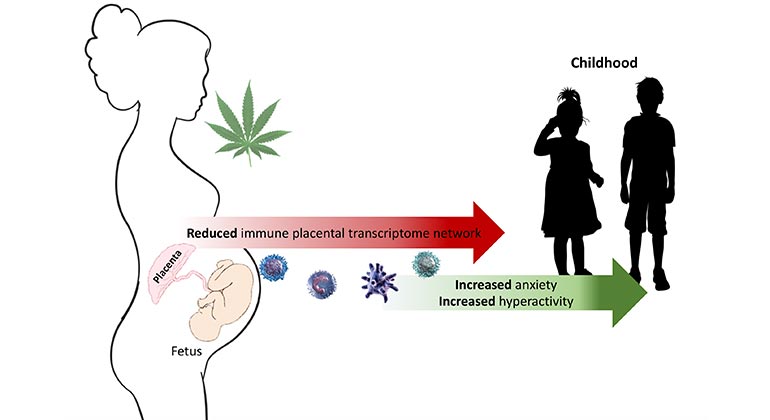"Can Medical Marijuana Help Those Struggling With Opioid Addiction?" - Steve Ross Johnson
Currently, 29 states have passed laws allowing the use of cannabis to treat a host of medical conditions despite its designation as an illegal drug by the federal government and the fact that the Food and Drug Administration hasn’t approved it for medical use. Mostly, cannabis is used to treat nausea in cancer patients undergoing chemotherapy. States have also approved it to induce appetite in HIV/AIDS patients, as well as to alleviate the effects caused by multiple sclerosis, Parkinson’s disease, Crohn’s disease, glaucoma, and epilepsy. No state has approved cannabis for the treatment of opioid addiction, but marijuana has a relatively long history in being used to treat opioid addiction. “This is the catch-22,” said Yasmin Hurd, PhD, professor of psychiatry, neuroscience, pharmacology, and systems therapeutics at the Icahn School of Medicine at Mount Sinai. “The reason why we have all of these people thinking that marijuana may be beneficial for this or that is because there is not enough science out there to help guide us.” Hurd examines the effects of cannabidiol, a compound found in cannabis that could help relieve symptoms of heroin withdrawal while working to impede the desire to get high. “I’ve found in my experience now that patients really get a lot of benefit from this new alternative,” added Dr. Hurd.
- Yasmin Hurd, PhD, Professor, Psychiatry, Neuroscience, Pharmacology, Systems Therapeutics, Icahn School of Medicine at Mount Sinai, Chair, Ward-Coleman of Translational Neuroscience, Director of the Center for Addictive Disorders, Mount Sinai Health System

Two Leading Mount Sinai Brain Scientists Elected to the National Academy of Sciences
May 05, 2022 View All Press ReleasesCBD Reduces Craving and Anxiety in People With Heroin Use Disorder
May 21, 2019 View All Press Releases